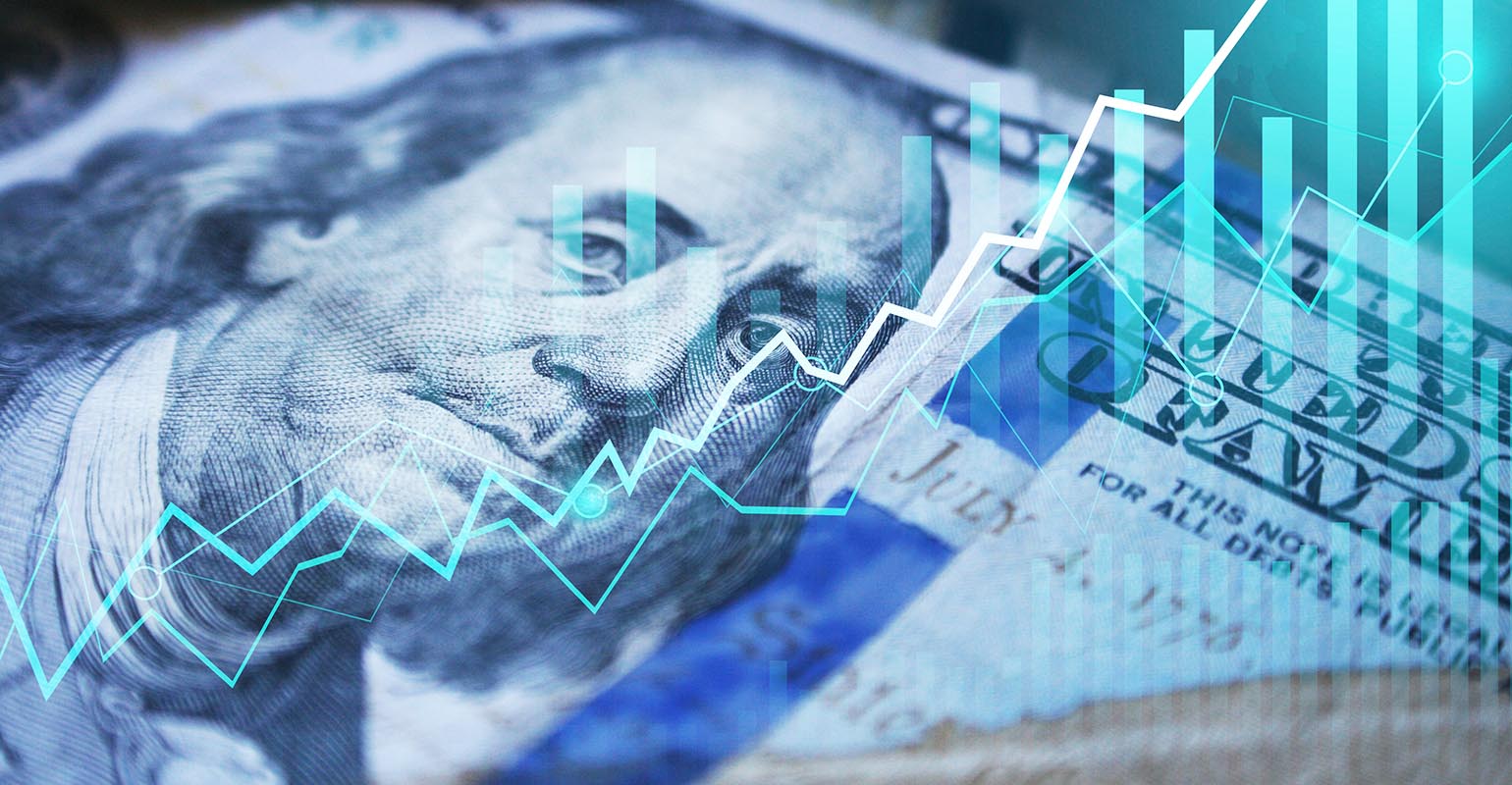Spotlight
Finance
Technology
If I could use words Like scattering flowers and falling leaves, What a bonfire my…
Join our mailing list
Get the latest finance, business, and tech news and updates directly to your inbox.
Top Stories
Goldman Sachs is closing Marcus Invest, an automated-investing service, and is selling Marcus Invest’s digital…
Chipotle’s die-hard base of health-conscious Gen Z and millennials have continued to scoop up burrito…
Advisor sentiments around the health of the stock market and the economy remained essentially unchanged…
Comedian Bill Maher went on a blistering tirade against “woke” ideology, saying that Florida Gov.…
A former Merrill Lynch advisor who oversaw approximately $820 million in client assets joined LPL…
A court in Russia on Monday convicted a Meta spokesperson of justifying terrorism and sentenced him…
Standard Chartered Bank has spun off a tech subsidiary, audax, which plans to offer banking…
Tesla’s rocky year — plagued by price cuts, recalls and layoffs — continued Monday as…
Hispanolistic / iStock/Getty ImagesFinancial planning is an ongoing process that doesn’t stop when you have…
One-upmanship is a prevalent phenomenon wherein people partake in subtle or overt competition to assert…
BlackRock increased spending on private security for CEO Larry Fink more than threefold last year…
(Reuters) – Ameriprise Financial reported a rise in its first-quarter adjusted profit on Monday, helped…








































